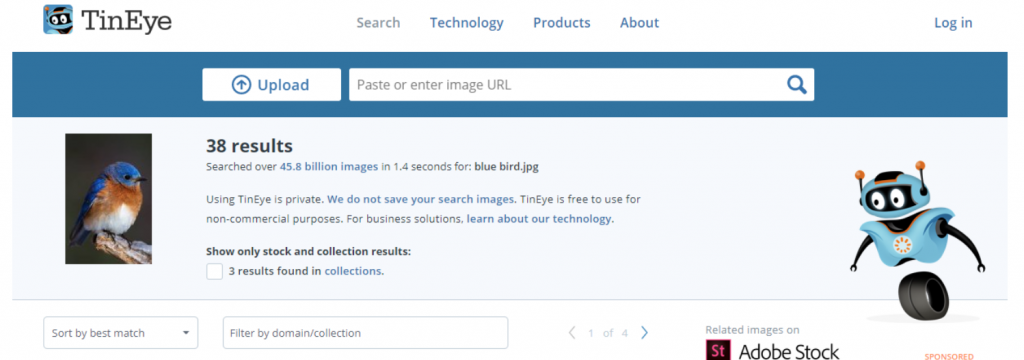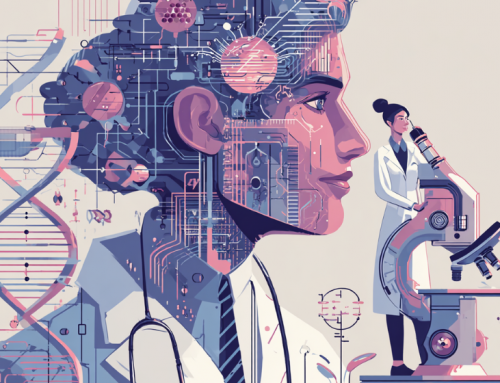
Search Engines provide quantity, but not always quality answers and data.
Considering A More Enlightened Internet
Are you a Googler or do you Duck Duck Go? Do you find the answers to the questions you have on your search engine? For the average internet user, the previously mentioned search engines are more than adequate. But for researching deeper and finding the exact information you are looking for, most search engines are blunt tools. According to a clever group of Google researchers, there should be a better way to find the answers without having to comb through a lot of useless information.
In an article from singularityhub.com, managing editor Jason Dorrier writes about the possibility of streamlining everything on the internet. He gives an example of the world’s knowledge being put into an enormous pile of books. Now, how does one find information in that pile?
This is the raw internet in all its unfiltered glory. This is why most of our quests for “enlightenment” online begin with Google (and yes, there are still other search engines). Google’s algorithmic tentacles scan and index every book in that ungodly pile. When someone enters a query in the search bar, the search algorithm thumbs through its indexed version of the internet surfaces pages, and presents them in a ranked list of the top hits.
This approach is incredibly useful. So useful, in fact, that it hasn’t fundamentally changed in over two decades. But now, AI researchers at Google, the very company that set the bar for search engines in the first place, are sketching out a blueprint for what might be coming up next.
In a paper on the arXiv preprint server, the team suggests the technology to make the internet even more searchable is at our fingertips. They say large language models—machine learning algorithms like OpenAI’s GPT-3—could wholly replace today’s system of index, retrieve, then rank.
Is AI the Search Engine of the Future?
Dorrier brings up the fact of how often an internet user can be misled in their search and end up miles away from the information they seek. The Google team suggests the next generation of search engines might synthesize the best of all worlds, folding today’s top information retrieval systems into large-scale AI.
It’s worth noting machine learning is already at work in classical index-retrieve-then-rank search engines. But instead of merely augmenting the system, the authors propose machine learning could wholly replace it.
“What would happen if we got rid of the notion of the index altogether and replaced it with a large pre-trained model that efficiently and effectively encodes all of the information contained in the corpus?” Donald Metzler and coauthors write in the paper. “What if the distinction between retrieval and ranking went away and instead there was a single response generation phase?”
In the paper, the authors sketch out what this approach might look like in practice. A user asks, “What are the health benefits of red wine?” The system returns a nuanced answer in clear prose from multiple authoritative sources—in this case WebMD and the Mayo Clinic—highlighting the potential benefits and risks of drinking red wine.
The authors note that another benefit of large language models is their ability to learn many tasks with only a little tweaking (this is known as one-shot or few-shot learning). So they may be able to perform all the same tasks current search engines accomplish, and dozens more as well.
The ultimate goal would be to have the Star Trek computer speak to us in a pleasant voice and have every answer at our beck and call.
Is this all a pipe dream or the next big paradigm shift in how we interact with the internet. The author admits a lot of this paper is still in the vision stage but it is a fascinating approach to helping the world find the answers it seeks with clarity, and with the high-speed accuracy we’d prefer.
read more at singularityhub.com







Leave A Comment